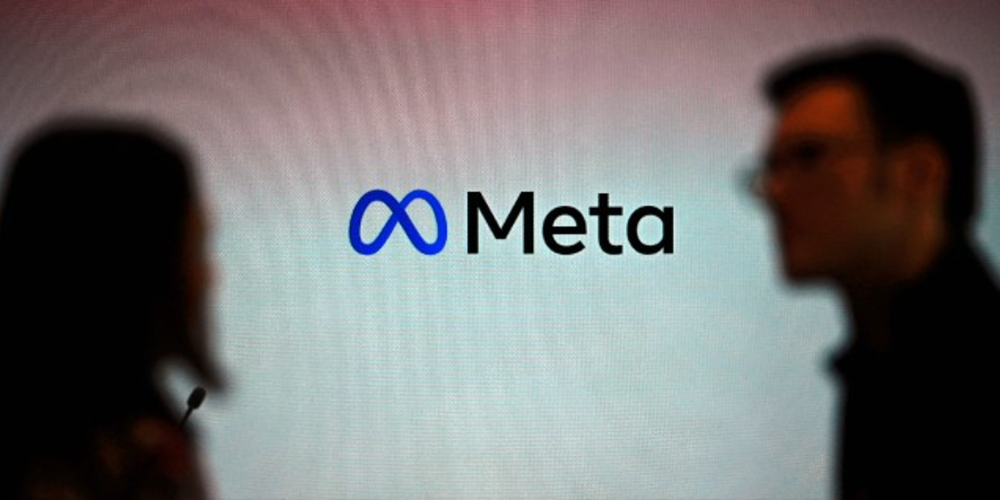EU Investigates Meta: Are Facebook and Instagram Harmful for Kids?

The European Union is intensifying its scrutiny of social media giants, specifically targeting Facebook and Instagram, which are both owned by Meta. This investigation arises from increasing worries that these platforms could be jeopardizing the mental and physical well-being of young users. With the surge in mobile device usage, the EU aims to safeguard children from the potential dangers associated with excessive social media use.
The investigation will zero in on whether Meta is adhering to the Digital Services Act (DSA), a law designed to regulate digital platforms in Europe. According to allegations, Facebook and Instagram may be causing "behavioral addictions" in children, trapping them in a cycle of content consumption. This "rabbit-hole effect" keeps users, especially kids, hooked on the platforms, detracting from other important activities in their lives.
The EU is primarily worried about children encountering inappropriate content, potentially worsened by Meta's algorithms and recommendation systems. If Meta is deemed to have violated the DSA, it could incur fines reaching up to 6 percent of its worldwide revenue, highlighting the gravity with which the EU is handling this issue.
Meta insists that it has consistently focused on creating safeguards and features designed to protect young users. Nonetheless, the EU is determined to thoroughly investigate these claims. The goal is to guarantee that children who use these platforms are safe and that their well-being is a top priority.
This ongoing story highlights the intricate relationship between technology and its users, especially the younger audience. The results of this investigation could establish an important precedent for the regulation of digital platforms, not only in Europe but possibly on a global scale. Keep following for more updates on this pivotal issue.
In summary, the EU's probe into Meta's operations on Facebook and Instagram highlights the worldwide worries about social media's effects on young individuals. It remains uncertain whether these platforms are culpable for promoting addiction and exposing minors to detrimental content. Nevertheless, it is evident that there is a rising call for transparency and responsibility from these social media giants. As the investigation continues, it could potentially transform how digital platforms are regulated, striving to create a more secure online space for everyone, especially young users.












